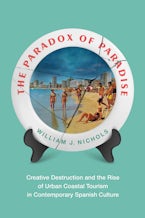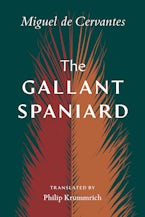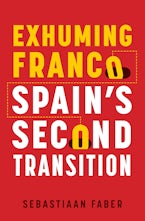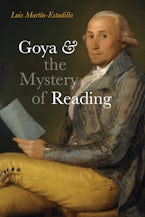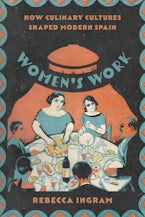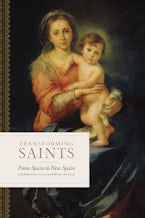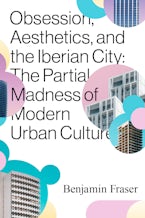- Home
- Empire's End

Empire's End
Transnational Connections in the Hispanic World
Edited by Akiko Tsuchiya and William Garrett Acree Jr.
The fall of the Spanish Empire: that period in the nineteenth century when it lost its colonies in Spanish America and the Philippines. How did it happen? What did the process of the "end of empire" look like? Empire's End considers the nation's imperial legacy beyond this period, all the way up to the present moment. In addition to scrutinizing the political, economic, and social implications of this "end," these chapters emphasize the cultural impact of this process through an analysis of a wide range of representations—literature, literary histories, periodical publications, scientific texts, national symbols, museums, architectural monuments, and tourist routes—that formed the basis of transnational connections and exchange. The book breaks new ground by addressing the ramifications of Spain's imperial project in relation to its former colonies, not only in Spanish America, but also in North Africa and the Philippines, thus generating new insights into the circuits of cultural exchange that link these four geographical areas that are rarely considered together.
Empire's End showcases the work of scholars of literature, cultural studies, and history, centering on four interrelated issues crucial to understanding the end of the Spanish empire: the mappings of the Hispanic Atlantic, race, human rights, and the legacies of empire.
Empire's End showcases the work of scholars of literature, cultural studies, and history, centering on four interrelated issues crucial to understanding the end of the Spanish empire: the mappings of the Hispanic Atlantic, race, human rights, and the legacies of empire.
Akiko Tsuchiya is Professor of Spanish at Washington University in St. Louis. She is author of Marginal Subjects: Gender and Deviance in Fin-de-siècle Spain.
William G. Acree Jr. is Associate Professor of Spanish at Washington University in St. Louis. He is author of Everyday Reading: Print Culture and Collective Identity in the Rio de la Plata, 1780-1910, winner of the 2013 LASA Southern Cone Studies Section Book Prize in the Humanities.
"Empire's End will be a welcome addition to the growing field of Transatlantic Studies. With its focus on empire and its legacies, the volume also incorporates many insights from postcolonial studies, enriching the scope of this relatively new field of inquiry."
—Gwen Kirkpatrick, coauthor of Women, Culture, and Politics in Latin America: Seminar on Feminism and Culture in Latin America
"[A] groundbreaking attempt to explain the end of the Spanish Empire. . . . Empire's End's logical and multidisciplinary presentation grounded in authentic documents and literature make it, without question, an enriching read. . . . [T]his detailed and rich data will definitely contribute to supplement Hispanic Studies from a more global perspective. In addition, this new and exact information may change some of the current beliefs about Spain and the concept of empire."
—Hispania

